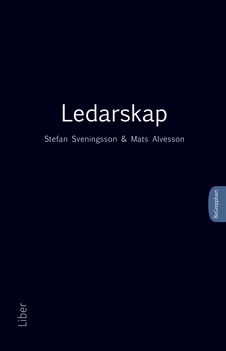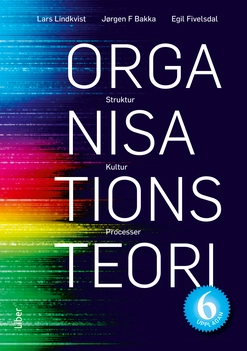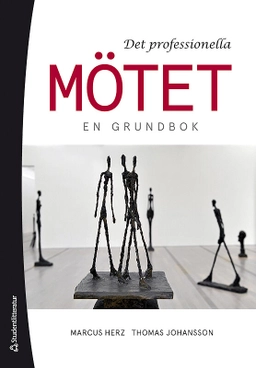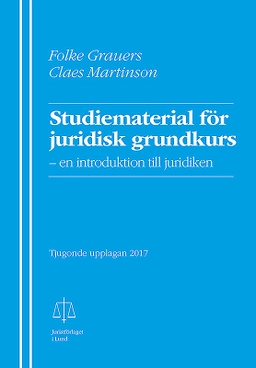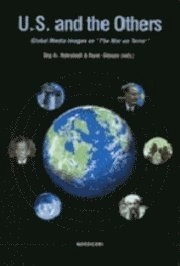

U.S. and the others. Global media images on The war on terror
- Utgiven: 2004
- ISBN: 9789189471245
- Sidor: 316 st
- Förlag: Nordicom
- Format: Inbunden
- Språk: Engelska
Om boken
Åtkomstkoder och digitalt tilläggsmaterial garanteras inte med begagnade böcker
Mer om U.S. and the others. Global media images on The war on terror (2004)
I juni 2004 släpptes boken U.S. and the others. Global media images on The war on terror skriven av Stig A. Nohrstedt, Rune Ottosen. Den är skriven på engelska och består av 316 sidor djupgående information om media och kommunikation. Förlaget bakom boken är Nordicom.
Köp boken U.S. and the others. Global media images on The war on terror på Studentapan och spara pengar.
Tillhör kategorierna
Referera till U.S. and the others. Global media images on The war on terror
Harvard
Oxford
APA
Vancouver







